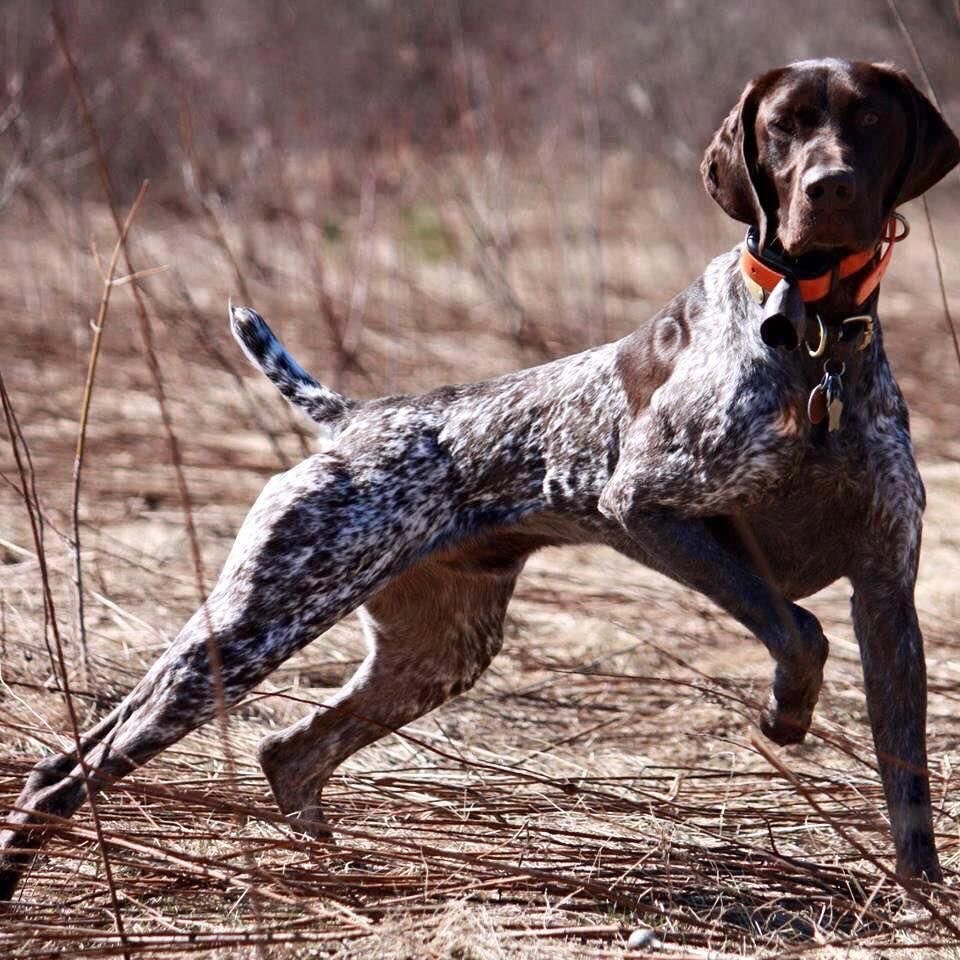Interviews can be stressful. Whether interviewing for job, a loan from the bank, or a local sports club membership, making an impression can be difficult. These few tips should enhance your ability to leave a strong first impression and get you to the next phase.
Preparation
To avoid being bombarded by questions you were not prepared for, it is essential to do your research. You should know the position you are advocating yourself for and the general expectations associated with that position.
Along with this, you should be prepared for the type of questions they might ask based on the position as well as questions regarding behavior or character. An example of some of these questions from Harvard Business Review can be found here: 10 Common Job Interview Questions and How to Answer Them (hbr.org).
Once you have done the research, you should have a general idea of the type of questions this might be, and you need to practice answering these questions. A good way to do this is by utilizing a friend or family member to come up with some potential interview questions and performing a mock interview.
Dress for the position. This might differ based on what exactly you are interviewing for, but you should know the expectations for appearance and dress to impress. In most cases, it will be hard to overdress, so just dress professionally.
Ask Questions
Asking questions demonstrates your willingness to learn more about the organization and its people. The last thing you want is to seem uninterested in the position you are interviewing for, and it can take the spotlight off of you for brief moments.
Be Personable
Unless explicitly clear you shouldn’t do this, create small talk to ease the tension of the interview and allow you to show some of your personality. Many organizations value people who can hold a conversation and not feel awkward doing so. Building rapport with the interviewer will only strengthen your bid for the position.
Appreciation
Lastly, say thank you and shake the interviewer’s hand. They are giving you an opportunity to join their organization and showing your appreciation can go a long way, especially if you get the position. Good luck!
Checklist:


